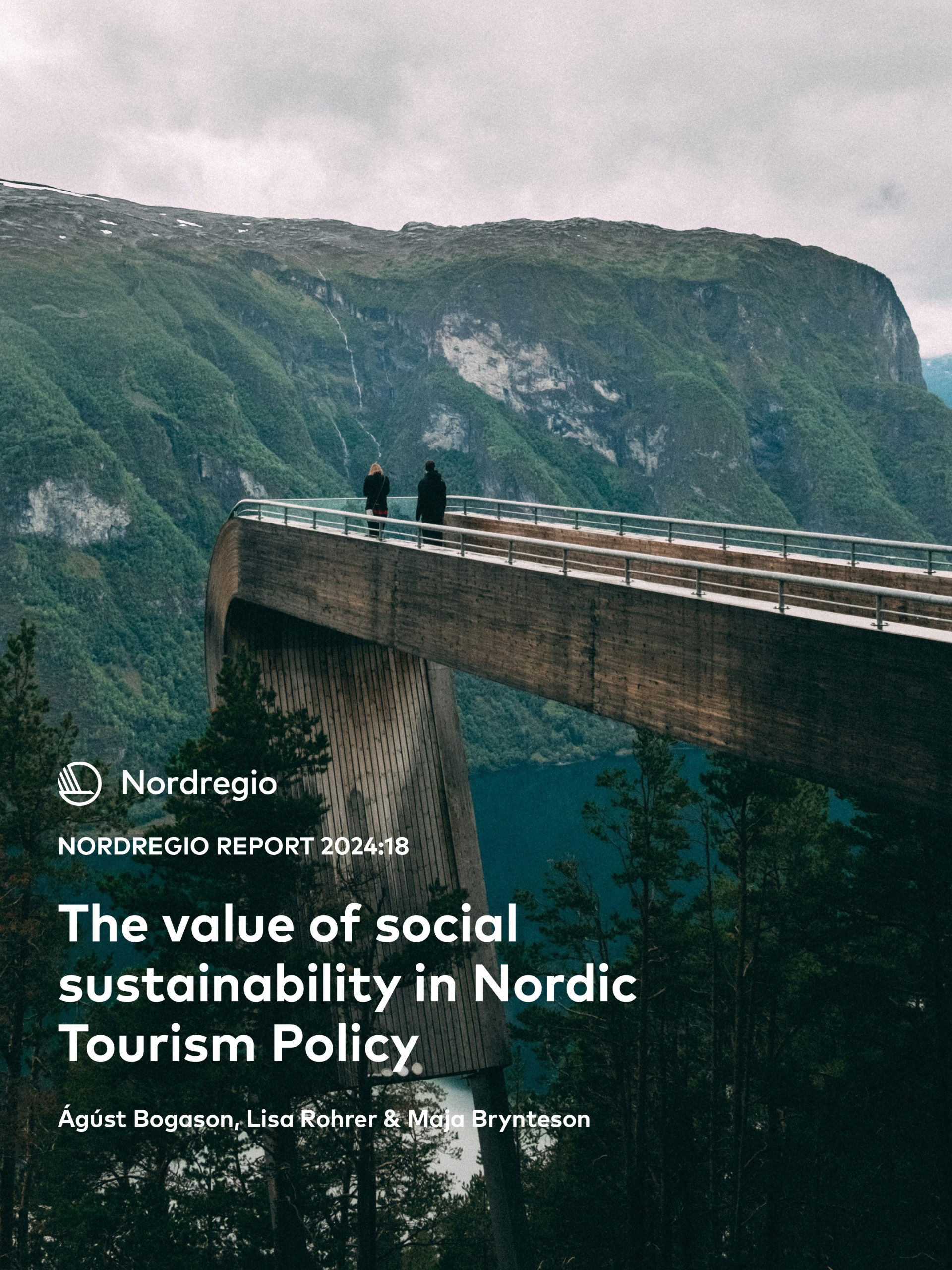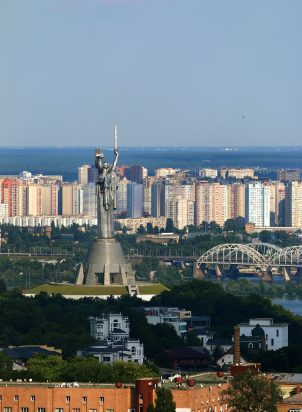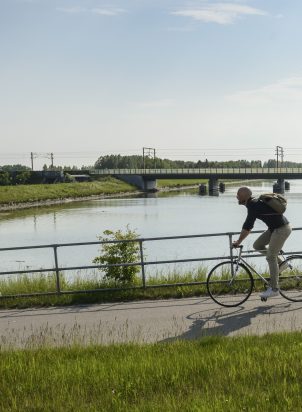Measuring sustainable tourism doesn’t just mean looking at the natural environment. Travel destinations have to be livable and functional for the permanent residents who help make them so attractive in the first place.
This report examines the integration of social sustainability within the national tourism policies of the Nordic countries, focusing on how these policies address the social dimensions of sustainable tourism. As tourism continues to grow in the Nordic region, the economic benefits of tourism have to be balanced with the environmental and social impacts, to ensure the well-being of local communities and the preservation of cultural heritage.
Tourism plays a crucial role in the development of the Nordic region, offering significant opportunities for growth and job creation. However, the rapid expansion of the tourism industry has also brought challenges such as overtourism, environmental degradation, and social disruptions. The project this report belongs to, aims to explore how the Nordic countries are addressing these challenges by integrating social sustainability into their tourism policies.
The concept of socially sustainable tourism encompasses various aspects, including community engagement, cultural preservation, social equity, and the well-being of local populations. By examining the national tourism policies of Denmark, Finland, Iceland, Norway, Sweden, Greenland, the Faroe Islands, and Åland, this report seeks to identify common themes and specific strategies employed by these countries to promote socially sustainable tourism.
The analysis is based on a comprehensive literature review, policy review, and case studies, providing a holistic understanding of the current state of social sustainability in Nordic tourism. The findings highlight the importance of community involvement in tourism planning and development, the need for equitable distribution of tourism benefits, and the role of cultural preservation in maintaining the unique identity of the Nordic region.
This report serves as a foundational document for further research on the more practical implementation of socially sustainable tourism practices.






